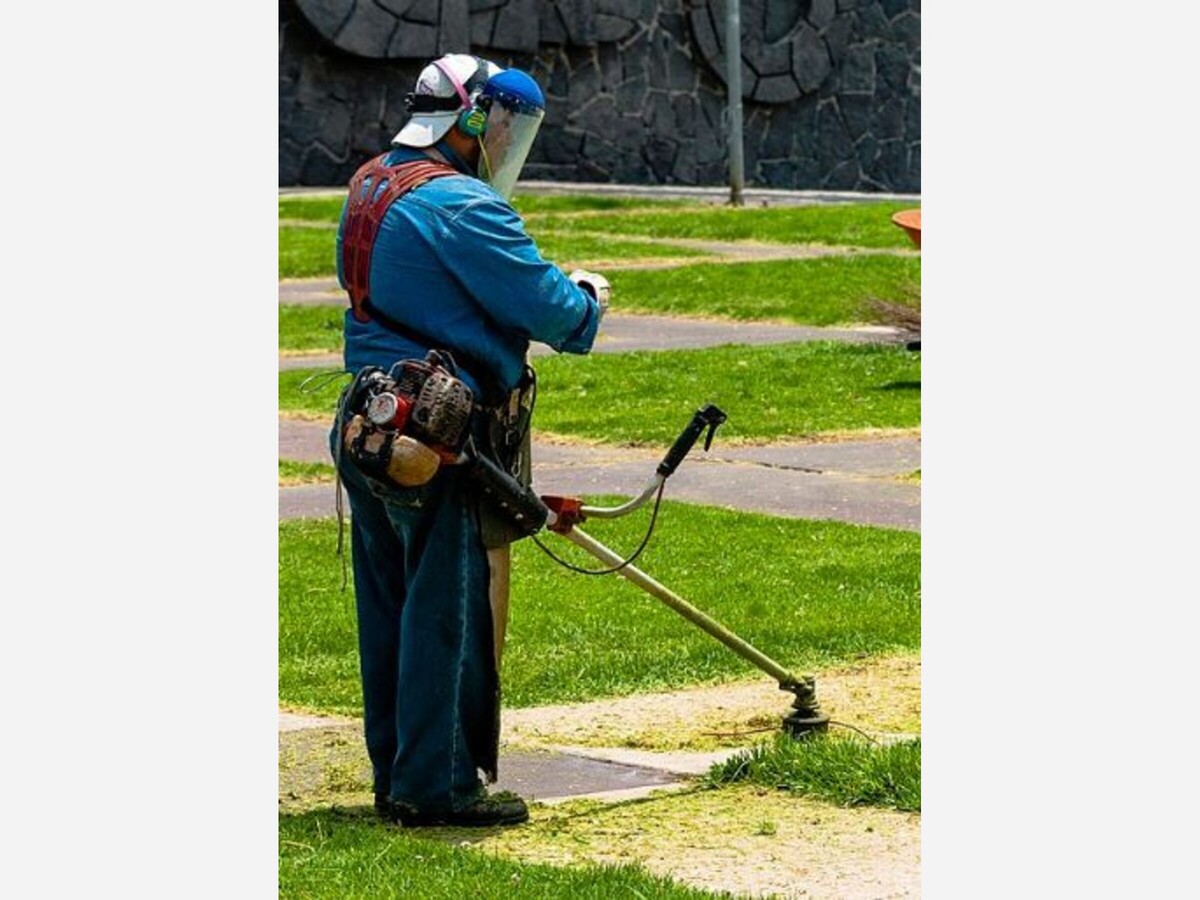Image

Last week, Franklin Observer shared reporting ('Weed Whacked")on municipalities choosing to refund or being forced to refund "impact fees" charged to marijuana businesses around the state, and suggested that Franklin, too, could have an exposure.
Not so, writes Town Administrator Jamie Hellen:
The Town will not get weed whacked. I have said many, many times on the record, I was never a fan of the Host Community Agreement (HCA) part of the cannabis law. I always believed that cannabis businesses should have been treated like every other business. Any applicant should have gone through routine local permitting, where impacts from the public are identified and mitigated by the Planning Board and/or other respective committees. However, that is not the way the law worked through the many iterations of legal changes after the voters approved statewide ballot questions in 2008, 2012 and 2016.
In 2022, the Legislature approved a technical cleanup of the original cannabis law. The law allowed cities and towns to actually pull the plug on these agreements. I successfully negotiated with the two operators in town, NETA and Botera, to eliminate any impact fees, as there were no impacts from the actual sale of cannabis that were identifiable after being open for a year or so. On 11/1/22 when the law took effect, the agreements were amended. The most up to date are here. Mayor Michelle Wu also announced the same policy, on the same day, when the law took effect.
As part of that process, I asked the operators in Franklin to waive their rights to any of the previous funds they had contributed to the town's mitigation fund. Both operators agreed because the money distributed to us actually had some impacts, just not in the same way the law was defined and/or redefined. For example, "impacts" eventually got redefined in the law to exclude anything that a non-cannabis business would have. In other words, impacts could only be determined if there were impacts from actual cannabis sales that were unique to cannabis businesses, hence negating previously allowed impacts of (for example) traffic impacts. When the original planning board approved NETA, traffic impacts were identified, but the Planning Board did not delineate them because state law told them to do that through these mitigation agreements.
The money we received from NETA went straight into the Grove Street reconstruction project, which NETA fully supported and understood the needs given their traffic projections during the Planning Board studies. The funds received from Botera went to the SAFE Coalition to help with the introduction of educational programs and services as the industry came to town. Some citizens did share feedback they had concerns around the introduction of cannabis to the community. Botera was a great partner and has worked with SAFE on programming when they opened a couple of years ago.
We have been very fortunate in Franklin to have Botera, one of the states first equity applicants, and NETA who remains one of the largest cannabis operators in the United States who has been an extremely valued business partner in town, purchasing numerous properties for their corporate headquarters and many of their employees living in Franklin. Both companies have been very good to work with. We have all maintained excellent working relationships and it's been a great success story in town. All of us could not be more thrilled than to get the HCA law behind us.
[NOTE: Observer had reached out to Hellen before publishing our article but he was tied up at the Mass Municipal Association and was not able to respond (above) until later.]